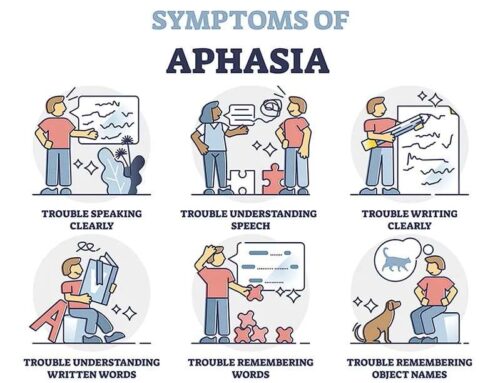Low-functioning autism, also known as severe autism or Level 3 ASD, is the most severe form of autism. People with low-functioning autism have significant challenges in all areas of their lives, including communication, social interaction, and behavior. They may require lifelong support from caregivers.
Symptoms of low-functioning autism
The symptoms of low-functioning autism can vary from person to person. However, some common symptoms include:
- Communication difficulties: People with low-functioning autism may have difficulty speaking or understanding language. They may also have difficulty reading and writing.
- Social interaction difficulties: People with low-functioning autism may have difficulty interacting with others. They may not understand social cues or social norms. They may also have difficulty making friends.
- Behavioral problems: People with low-functioning autism may have difficulty controlling their behavior. They may engage in aggressive behavior, self-injury, or elopement (wandering off).
- Cognitive delays: People with low-functioning autism may have cognitive delays. This means that they may learn and develop more slowly than their peers.
Causes of low-functioning autism
The exact cause of low-functioning autism is unknown. However, it is believed to be caused by a combination of genetic and environmental factors.
Diagnosis of low-functioning autism
Low-functioning autism is diagnosed by a team of professionals, including a developmental pediatrician, psychologist, and speech-language pathologist. The team will assess the child’s development and behavior to determine if they meet the criteria for ASD.
Treatment for low-functioning autism
There is no cure for low-functioning autism. However, there are a number of treatments that can help to improve the quality of life for people with ASD. These treatments include:
- Applied behavior analysis (ABA): ABA is a type of therapy that focuses on teaching people with ASD specific skills. For example, ABA can be used to teach a child with ASD how to communicate, interact with others, and control their behavior.
- Speech therapy: Speech therapy can help people with ASD to improve their communication skills. Speech therapists can teach people with ASD how to speak more clearly, understand language better, and use social language skills.
- Occupational therapy: Occupational therapy can help people with ASD to develop the skills they need to perform daily tasks, such as dressing, eating, and bathing. Occupational therapists can also help people with ASD to learn how to use adaptive equipment, such as communication devices.
Living with low-functioning autism
Living with low-functioning autism can be challenging for both the individual and their family. However, there are a number of things that can be done to help people with low-functioning autism live happy and fulfilling lives.
- Early intervention: Early intervention is key for children with low-functioning autism. Early intervention services can help to improve the child’s communication, social, and behavioral skills.
- Support services: There are a number of support services available for people with low-functioning autism and their families. These services can provide support with daily living tasks, social interaction, and behavior management.
- Community support: It is important for people with low-functioning autism to have a supportive community. This could include family, friends, neighbors, and other people with ASD.
Low-functioning autism is a challenging condition, but it is important to remember that people with low-functioning autism are just people. They have their own unique strengths and weaknesses. They deserve to be treated with respect and dignity.





Leave A Comment